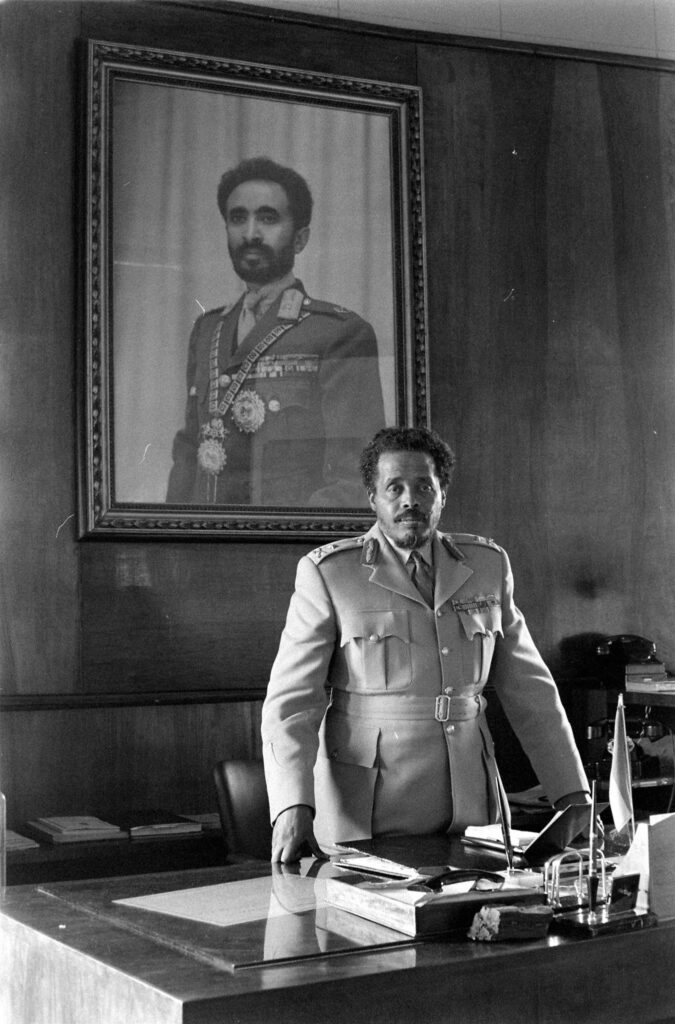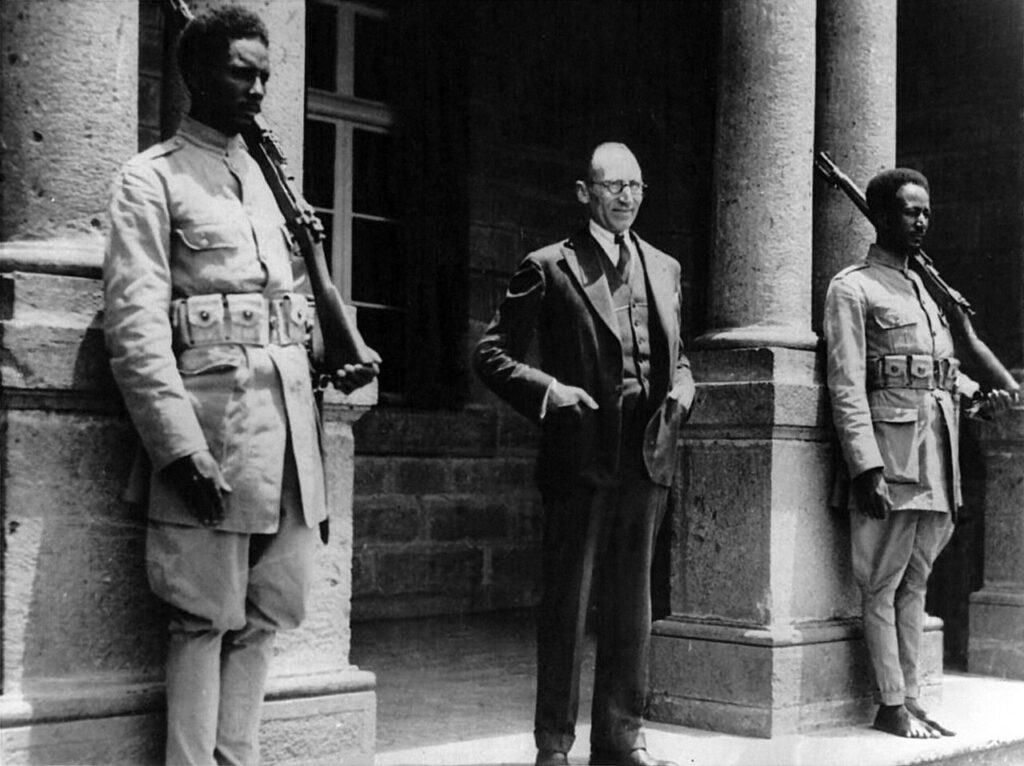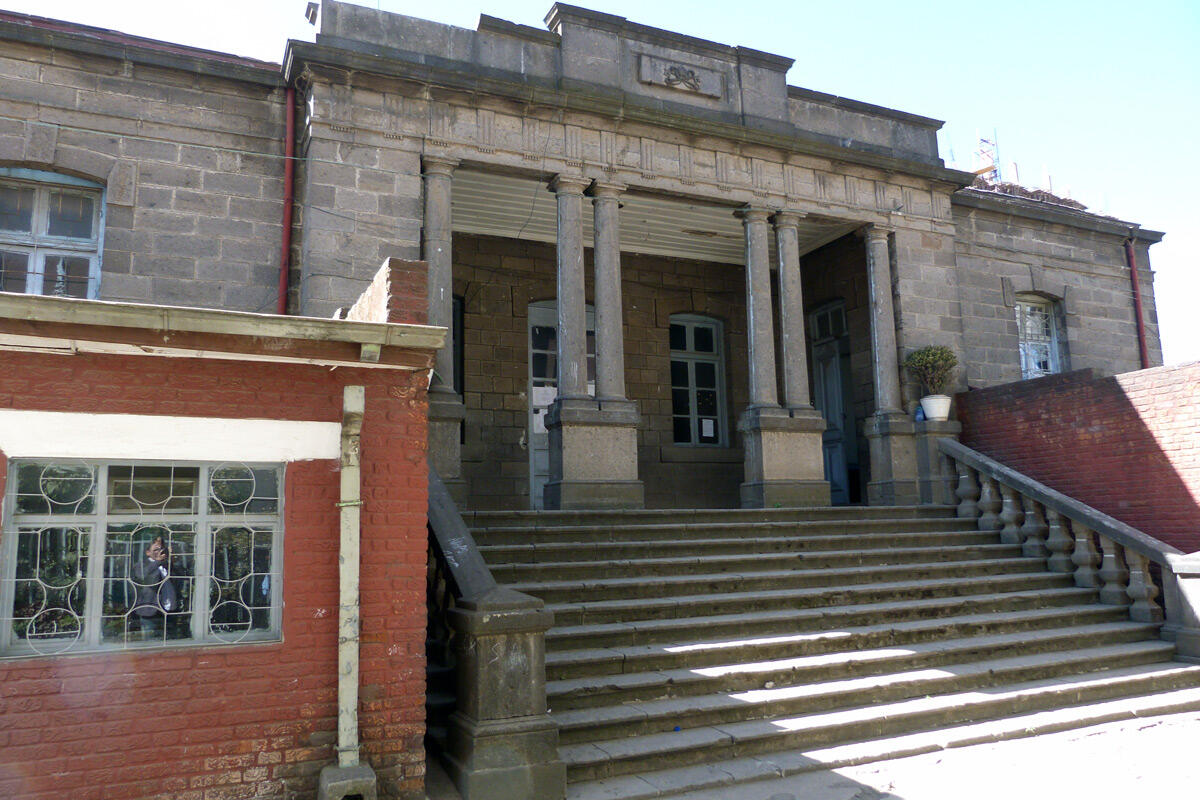This is my personal point-by-point critique of the speech delivered at the American Gibbi Center in Addis Ababa on May 15, 2024 by Mr. Ervin Massinga, the US ambassador to Ethiopia. I am an Amhara American currently residing in the great State of New York.
Let me begin by saying that I have very highly positive sentiments about the US Embassy in Addis Ababa that Massinga is currently heading. It was this embassy that conducted my interview for immigration to the US after I won one of the early rounds of the US immigrant visa lottery in the late 1990s. Had I not left my motherland Ethiopia and had I lived there during the latter years of the TPLF regime, it would have been very unlikely that I would have survived. So, thank you very much the US Embassy in Addis Ababa.
Mr. Massinga said bandits, armed groups, and at times, government security forces, act with impunity in carrying out violations of rights to life, dignity, and respect. Wow, he said at times? During the war between TPLF and the Abiy Ahmed regime that lasted from 2020 to 2022, a countless number of the Western media (including New York Times, Washington Post and CNN) were incessantly bombarding us with news reports of mass killings, torture and sexual violence committed by government troops of the Abiy regime. On top of that, the US Department of State was sending out too many press releases condemning the atrocities carried out by Abiy’s troops. I suspect Mr. Massinga would naturally trust those reports and press releases, and as per those reports and press releases government forces were acting with impunity not at times as Massinga said but rather numerous times. By the way, the same is true of what is happening in the Amhara Region for the past one year and a half, even though the West is giving it only very minimal attention and thought.
Mr. Massinga referred to the Fano as “those that call themselves the Fano.” I give him credit for enunciating the word Fano, But, by using the phrase he used was he trying to belittle the Fano or was he showing a disfavor here? The Fano has a solid historical foundation with legends from history including Abebe Aregay and Belay Zeleke. The present day Fano resorted to armed struggle only after numerous pleas of the Amhara people expressed using mass demonstrations were rejected and even then, only after the Abiy regime tried to disarm and disband them. It is demeaning to use the phrase “those that call themselves the Fano.” By the same token it would not be appropriate to refer to the Black Lives Movement as the so-called BLM. Would it?

Mr. Massinga said “Today, Ethiopia faces internal strife, and every country has a legitimate right to defend itself.” I am confused here. He made it sound like today Ethiopia is defending itself from an external aggressor. But that is not true. So, was he implying that Ethiopia has the right to defend itself against its own people, including the Amhara people? But why was then the current Department of State (of which Massinga is part of) was repeatedly blaming the Ethiopian government for defending itself from TPLF during the war held from 2020 to 2022?. As per the Department of State and Massinga, when it comes to the TPLF (or the Tigray people) the government has no right to defend itself but when it comes to the Fano (or the Amhara people) the government has a legitimate right to defend itself. I would call this very bold partiality.
Mr. Massinga advocated for dialog. But dialog with who? With the regime of the devil incarnate Abiy Ahmed? Also, what kind of dialog? Like the disingenuous Pretoria talks between TPLF and the Abiy regime? He also mentioned about the National Dialog, a group made up of Abiy’s puppets and has accomplished nothing thus far. I would not bet a penny on that useless group. Massinga advocated for the release of key political figures. But what about the detained street vendors and farmers? Those poor souls! They are human too and he should have advocated for their release too. He called for an end to targeting schools, health facilities, and water infrastructure. But why did not he have the courage to say whose is the culprit here? Please say it aloud, Mr. Massinga!
Mr. Massinga said that “throughout 120 years of diplomatic relations, the United States has been present in Ethiopia, both in difficult and in joyous times.” I would like to point out a very important moment in recent history during which the US under the Carter Administration refused to sell arms to Ethiopia in 1977 at a critical time when Ethiopia was facing a large-scale invasion by Somalia. I would not characterize that as being with Ethiopia during difficult times.

Mr. Massinga mentioned that his predecessor Cornelius Van Engert, bravely sheltered nearly seven hundred and fifty Ethiopians from almost certain death. We are very grateful to Van Engert. But I would like to remind him another one of his diplomatic ancestors in the broader scale. His name is Henry Shelton Sanford and he was an American diplomat who served in Belgium from 1861 to 1869. Mr. Sanford was a person who successfully lobbied for the US recognition of Belgium’s King Leopold’s claim to the Congo region. We all know the horrors that followed and continue to happen to this day in the Congo region.
Let me go one step higher. Former US president George H. W. Bush who met Mobutu Sese Seko in June 1989 at the White House referred to Mobutu “one of our most valued friends” in Africa. Of note, Mobutu was one of the brutal dictators in the whole of Africa. I suspect Massinga would pass that kind of presidential statement by merely saying we reconciled our own errors of the past and present. Please give me a break.
I will conclude my critique by sending a message to the Amhara diaspora in the US. The only way for the Amhara people in Ethiopia to regain and maintain their freedom is to organize themselves. We the Amhara diaspora need to play a major role in helping the Amhara people in Ethiopia organize. With this noble goal in mind, a few of us among the Amhara diaspora in the US have launched an effort to unify the Amhara in America into one large organization. To assist this endeavor, we have launched this website called Amhara.unity.com. Please visit the website soon and join us.
